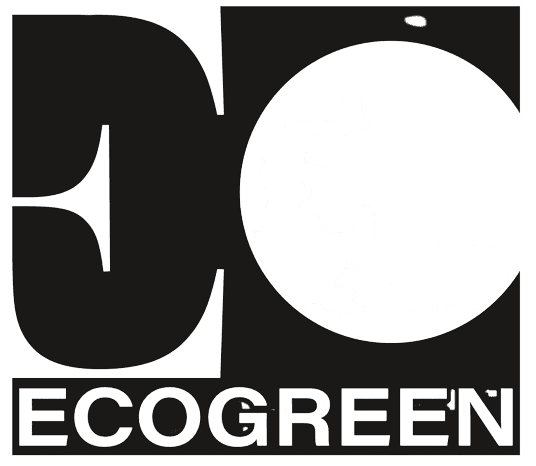
Environmental Management & Improvement
Minimize Negative Impact of Operation
Pollution prevention
Energy efficiency
UNPAR engages in direct actions that assist communities in adopting renewable energy solutions and minimizing environmental impact. Notable research includes the development of cement-free construction materials utilizing industrial by-products such as phosphogypsum, contributing to a more sustainable building sector by reducing dependency on conventional cement. Additionally, policy research on Sustainable Aviation Fuel (SAF) reflects UNPAR’s role in shaping greener transportation practices. These initiatives not only support technological innovation but also emphasize the university’s commitment to empowering local communities and industries to move toward cleaner and more efficient energy systems.
➡️ Source: Page 33
Resources Conservation
Through various collaborative initiatives and research projects, UNPAR engages directly with local communities to assess, conserve, and improve water resources. Notable contributions include the assessment of Citarum River water quality in the Majalaya District and the evaluation of conservation pond programs in the Cikapundung River area. Additionally, UNPAR has conducted water quality modeling in the Cibarani irrigation channel and participated in national efforts like the Rainwater Management Study in Sawahlunto, West Sumatra. The university also maintains active partnerships, such as the MoU with Tahura (January 2024), to support long-term environmental stewardship.
➡️ Source: Page 31
Environmental Improvement
Waste Reduction
Parahyangan Catholic University (UNPAR), through its Faculty of Social and Political Sciences, is actively addressing climate change through local education initiatives that empower students and the wider community. These programmes include courses on environmental politics, green economic policy, disaster management, and sustainability in business. A notable contribution to campus sustainability is the Workshop on Waste Management in Academic Environments, which supports waste reduction efforts in line with SDG 12. Combined with immersive activities like Green Camp and field learning in disaster-affected regions, UNPAR demonstrates a strong commitment to building environmental literacy, fostering low-carbon mindsets, and preparing future leaders for ecological resilience.
➡️ Source: Page 52
Recycling




